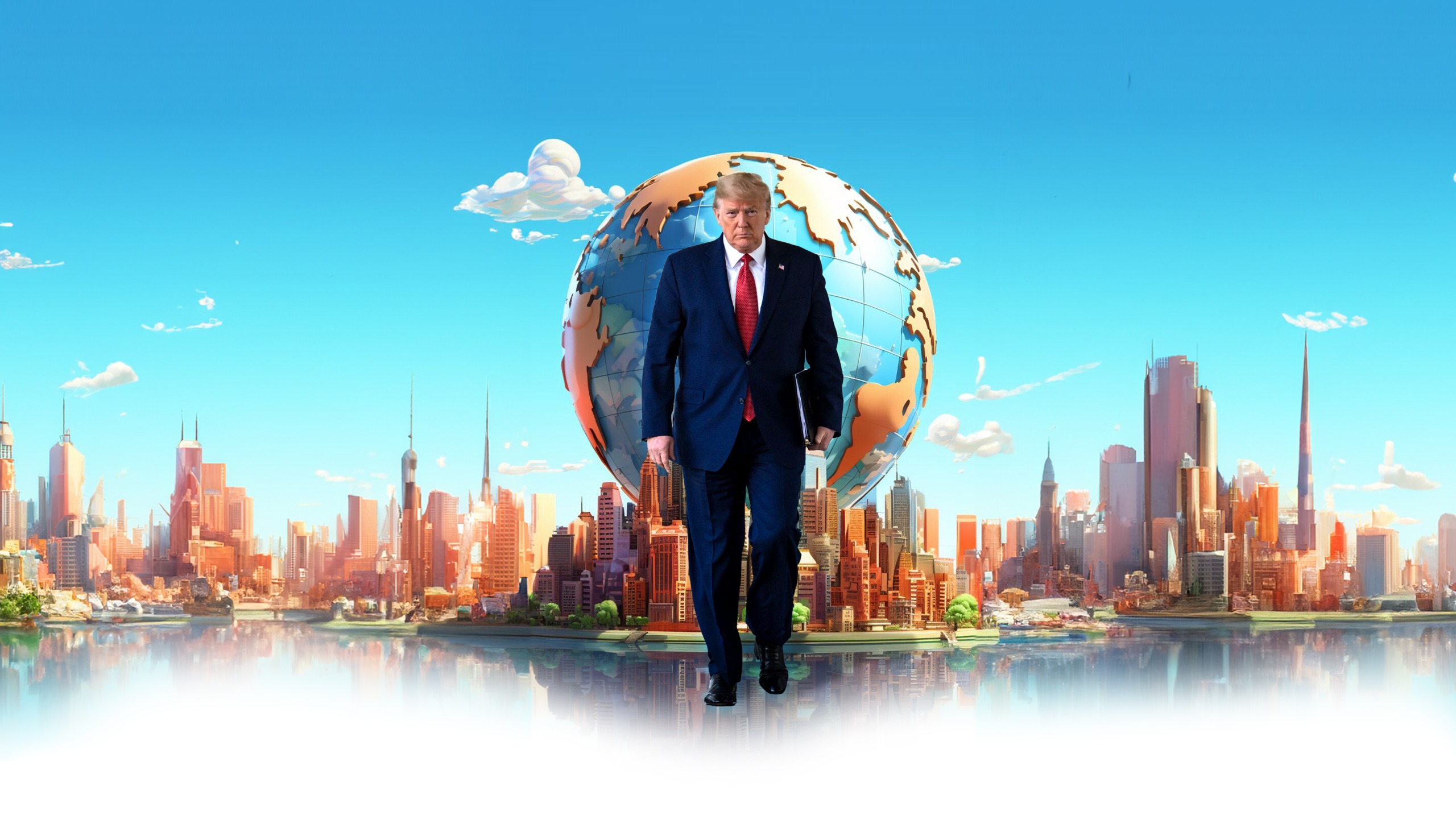With President-elect Donald Trump’s victory in the 2024 U.S. presidential election, TRENDS Research and Advisory released a new study titled “The World After Trump’s Victory”, shedding light on the potential global impacts of Trump;s return to office. The study, marking the first collaborative research effort by TRENDS researchers from its international offices in Cairo, Seoul, Istanbul and Montreal, along with its head office in Abu Dhabi, suggests that Trump’s victory could herald significant shifts in U.S. foreign policy, prioritizing U.S. sovereignty and expanding bilateral deals at the expense of multilateral initiatives.
The study presents an in-depth analysis of Trump’s foreign policy stance, focusing on strategic areas such as U.S.-China rivalry, the Russia-Ukraine war, the future of NATO, Korean relations, Middle Eastern conflicts—particularly the Palestinian issue and relations with Iran—alongside African affairs, global extremism, the global economy, and other pressing issues.
The study anticipates that the world may experience substantial changes under Trump’s “America First” policy, which aims to reduce U.S. commitments abroad while prioritizing national interests. According to TRENDS analysts, Trump’s policies could pressure traditional allies, like NATO and the European Union, to reassess their defense and trade commitments, given his intention to scale back U.S. financial and military support.
Regarding relations with China, the study predicts that the trade war will continue, with increased economic restrictions to limit Chinese influence, while tensions in the Middle East may intensify as Trump maintains a hard stance on Iran and extends support to Israel.
The study indicates that a Trump return may also bring more protective economic policies focused on rebalancing trade and boosting U.S. manufacturing, with potential escalation in the South China Sea.
In the Korean conflict, South Korea may face financial pressures from Trump, particularly concerning the costs of U.S. troops stationed there, while his unconventional approach to North Korea may embarrass Seoul.
Concerning the Russia-Ukraine war, Trump has partly blamed Ukrainian President Zelensky for the conflict and suggested that Zelensky leverages the situation for substantial U.S. financial support. Trump, who admires Putin’s stance as a leader defending national interests, claims that the war would not have started if he were president in 2022 and promises to end it within 24 hours if elected.
The study notes that Trump is likely to reshape U.S. involvement in Syria and relations with Türkiye to align with direct U.S. interests. This may involve reducing U.S. military presence in Syria while strengthening cooperation with Türkiye to address shared challenges.
Regarding immigration, the study anticipates that Trump will take strict measures against illegal immigration, including militarized borders and large-scale deportations of undocumented migrants.
Finally, the study states that environmental and climate change issues may be deprioritized under Trump, who opposes working with international organizations in this area, suggesting a potential rollback of U.S. environmental commitments.



